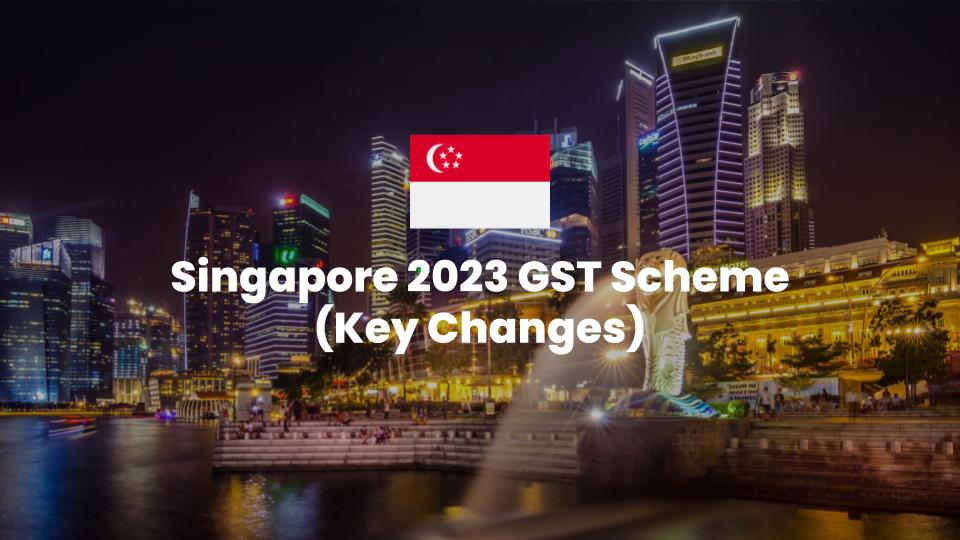This change is only applicable to retailers who meet the following thresholds:
- The total value of your annual global turnover for a 12-month period exceeds S$1 million or is expected to reach this amount in the next 12-months. Here’s an IRAS guide to determine how to compute your taxable business turnover.
- Make B2C supplies of digital services, non-digital services and low-value-goods (below SGD400) to customers in Singapore exceeding S$100,000
